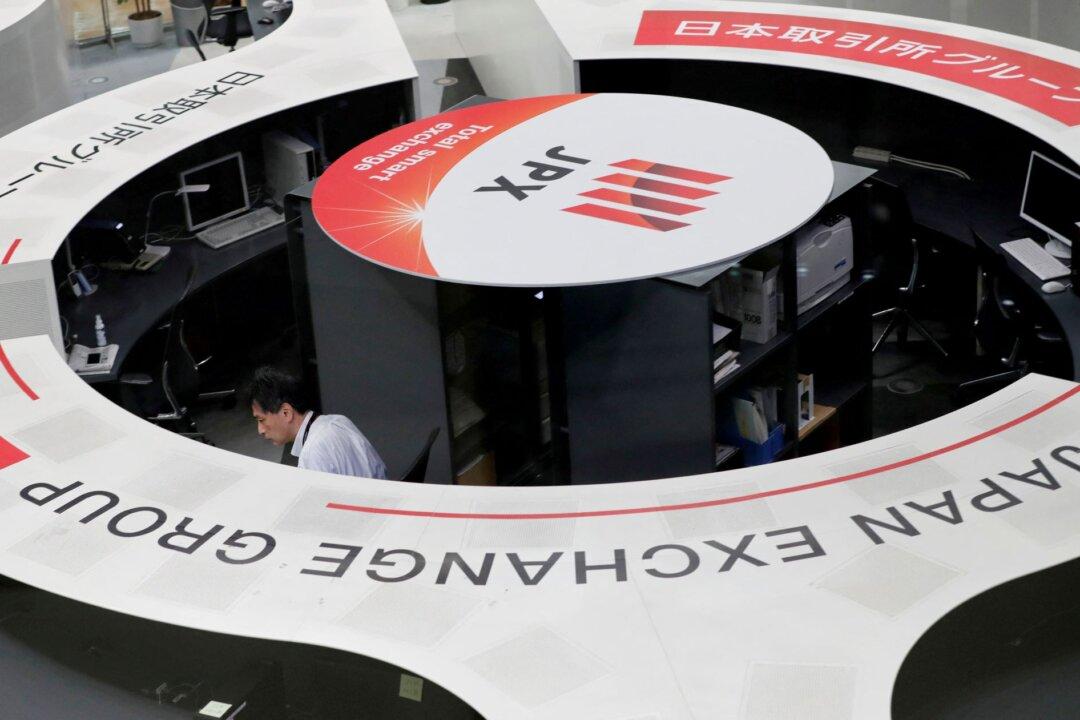On Feb. 22, the Nikkei Stock Average soared to a historical peak, reaching 38,915.87 points, a milestone unseen since December 1989. This achievement represents a significant shift from Japan’s long-standing economic challenges, highlighting a momentous pivot toward growth. Seiji Nakata, president of Daiwa Securities Group, remarked, “This breakthrough is more than a symbol; it’s a profound change, underscoring the beginning of a new era for Japan’s economy.”
As 2024 commenced, the Nikkei Index witnessed a remarkable ascent, escalating by nearly 5,000 points in just over a month. This bullish trend in Japan’s stock market is attributed significantly to the influx of Chinese investors, marking a pivotal factor behind the surge.





